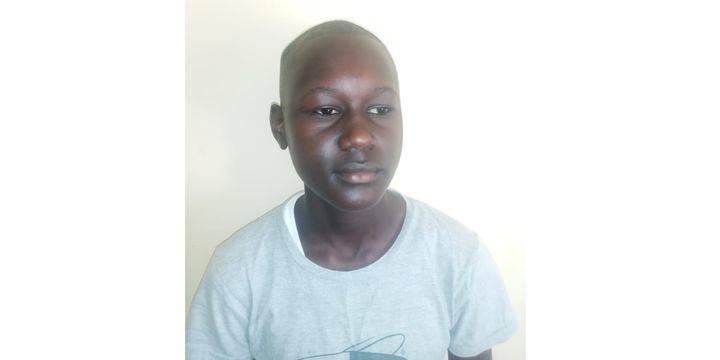When Education CS George Magoha mentioned Musioka Kings Kelvin among the top 10 KCPE exam candidates in the special category, his parents and teachers thought it was a mix-up.
A 13-year-old boy, who scored 401 at AIC Kathonzweni Primary School in Makueni County, has been blind since childhood. He stood third at the national level in the special needs education category.
“He’s been in and out of Kikuyu Mission Hospital, where he’s had corrective surgery twice. At school, we requested teachers to put him at the front of the class. As long as he was in a candidate’s class and took exams I never thought that he could manage to get 200 marks,” says his mother, Jacqueline Musyoka.
Benjamin Nyungu, headmaster of AIC Kathonzweni Primary School, said King was an average student.
“We expected him to pass the exam but not as much as he did. He has made us very proud,” Mr. Nyungu said.
But according to the Kings, who is hoping to attend Mangu High School, he was confident that he would excel in the final exams. A copy of his official results shows he scored 85 in both English and math, 79 in social studies, and 76 in both Kiswahili and science.
“My secret formula was working cleverly rather than working hard. You see, learning should be an enjoyable undertaking. I had created a study schedule so that I could balance studies and co-curricular activities.” Kings attributed their good performance to their discipline and the supportive environment at school and at home.
“The teacher and my classmates were always very helpful,” he said.
Prof Magoha said the number of candidates with special needs was less in 2021 (2,483) than in 2020 (2,675).
The categories with the highest number of candidates with special needs in the 2021 KCPE exam were the physically challenged (1,013), followed by the hearing impaired (734).

